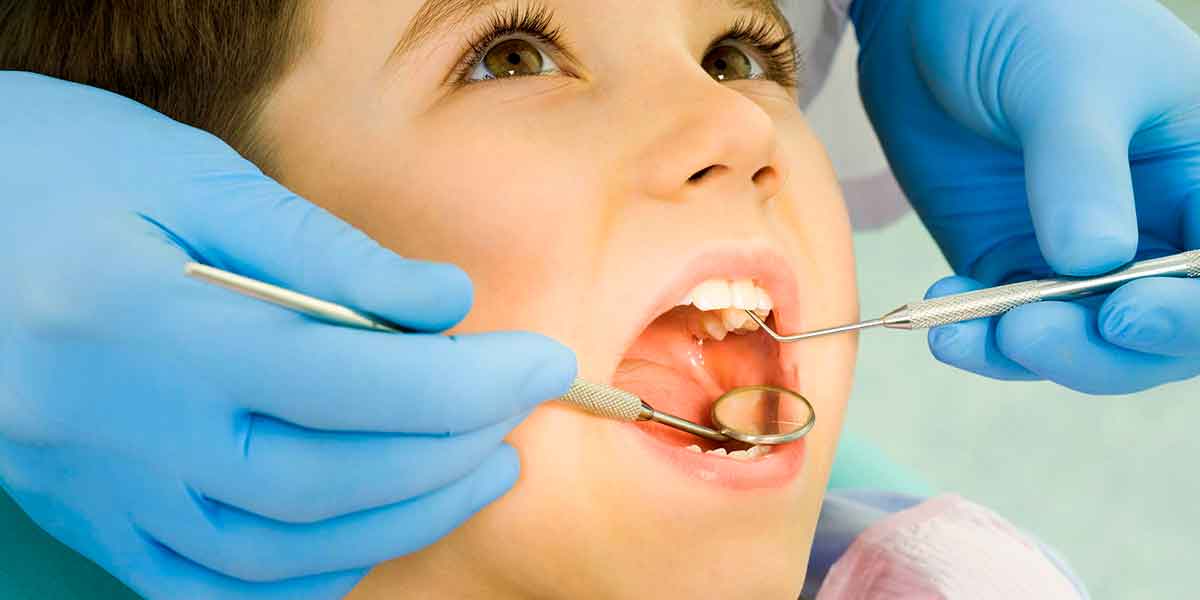Getting an early assessment from an orthodontist is essential for your child’s dental well-being and growth. Detecting any potential issues at a young age allows for timely interventions that can steer the development of the jaw and teeth in a healthier direction. This article aims to address common queries parents may have regarding early orthodontic evaluations, offering crucial insights to help you grasp its significance and advantages.
The Significance of Early Orthodontic Evaluation
An early orthodontic evaluation plays a crucial role in spotting dental issues early on, making them easier to manage while the child is still growing. Identifying these concerns promptly can prevent more serious complications in the future, leading to more efficient and less invasive treatments.
Ideal Timing for Evaluation
The American Association of Orthodontists suggests that children should undergo their first orthodontic evaluation by the age of seven. At this stage, enough permanent teeth have emerged, enabling the orthodontist to pinpoint potential problems related to jaw growth and tooth alignment.
Advantages of Early Detection
Early detection of orthodontic issues offers several benefits:
- Prevents the escalation of severe dental problems
- Guides jaw growth to accommodate emerging teeth
- Reduces the necessity for extensive treatments later on
- Enhances the overall function and aesthetics of the teeth and jaw
Common Issues Identified in Early Orthodontic Evaluations
During an early orthodontic evaluation, the orthodontist will look for various issues that could impact your child’s dental health. These may include:
Teeth Misalignment
Misalignment can involve overcrowding, gaps, or improper bites (malocclusion). Addressing these issues early can simplify treatment and improve long-term outcomes.
Jaw Growth Concerns
The orthodontist will assess whether the jaw is growing correctly. Early intervention can help rectify discrepancies in jaw growth, ensuring a balanced and functional bite.
Early or Late Loss of Baby Teeth
The timing of losing baby teeth can impact the development of permanent teeth. The orthodontist will evaluate whether baby teeth are being shed too early or too late, which can affect the alignment of permanent teeth.
Habits Influencing Dental Health
Habits like thumb sucking, mouth breathing, and tongue thrusting can impact dental development. Identifying these habits early allows for interventions that can mitigate their effects.
Procedure During an Early Orthodontic Evaluation
An early orthodontic evaluation involves a comprehensive assessment of your child’s dental and facial development. Here’s what you can anticipate during the visit:
Initial Examination
The orthodontist will conduct a thorough examination of your child’s teeth, jaw, and bite. This may include visual inspection, palpation, and the use of dental instruments to evaluate the alignment and health of the teeth and gums.
Diagnostic Imaging
The orthodontist may take diagnostic images such as X-rays, panoramic radiographs, and 3D scans to gain




